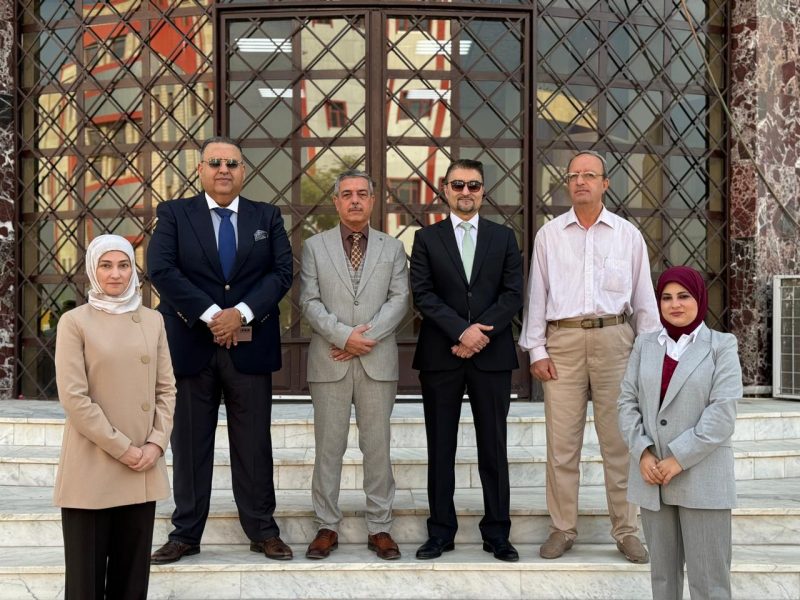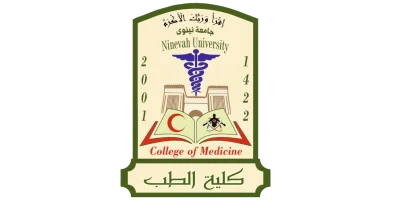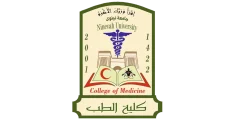Department of Pediatrics
June 14, 2025 2025-09-12 18:24فرع طب الاطفال
Focuses on diagnosing and treating diseases affecting children from birth to adolescence.

Department of Pathology and Forensic Medicine
Vision:
Equipping society with competent and skilled doctors through an excellent educational program that meets the demands of rapid development.
Mission:
Providing students with scientific knowledge related to children's health issues and services.
Objectives:
Enabling students to define terms related to newborns (condition assessment, preparation, and planning for neonatal resuscitation).
Enabling students to identify significant clinical findings and assess and treat common disorders in newborns.
Enabling students to understand the advantages, disadvantages, and issues of different feeding methods.
Enabling students to learn about the stages of growth and development according to the child’s age groups.
Enabling students to identify the clinical causes, diagnostic methods, and treatments for common pediatric diseases.
Program Overview
The Bachelor of Medicine and Surgery program at Nineveh University, Department of Pediatrics, aims to prepare doctors with scientific and clinical competencies in diagnosing and treating pediatric diseases, with a focus on nutrition, vaccinations, and professional ethics.
Clinical Knowledge
Understanding nutrition, vaccinations, and pediatric diseases.
Clinical Skills
Conducting examinations and managing emergency cases.
Professional Values
Promoting ethics and humane communication.
Program Objectives
Understanding pediatric terminology and assessing newborns.
Understanding growth and development stages by age groups.
Diagnosing and treating nutrition issues and common diseases.
Developing social communication skills and professional behavior.
Educating the community about vaccinations and healthy nutrition.
Promoting lifelong learning and commitment to ethics.
Learning Outcomes
Knowledge
Understanding nutrition, vaccinations, growth stages, and pediatric diseases.
Skills
Conducting clinical examinations and managing emergency cases.
Values
Respect for patients, gentle interaction, and commitment to ethics.
Curriculum Structure
Pediatrics (Fifth Year, 90 hours)
Includes child growth and development, nutrition, vaccinations, and common diseases (60 hours theory, 30 hours practical).
Pediatrics (Sixth Year, 300 hours)
Advanced clinical training in the diagnosis and treatment of pediatric cases (300 practical hours).

